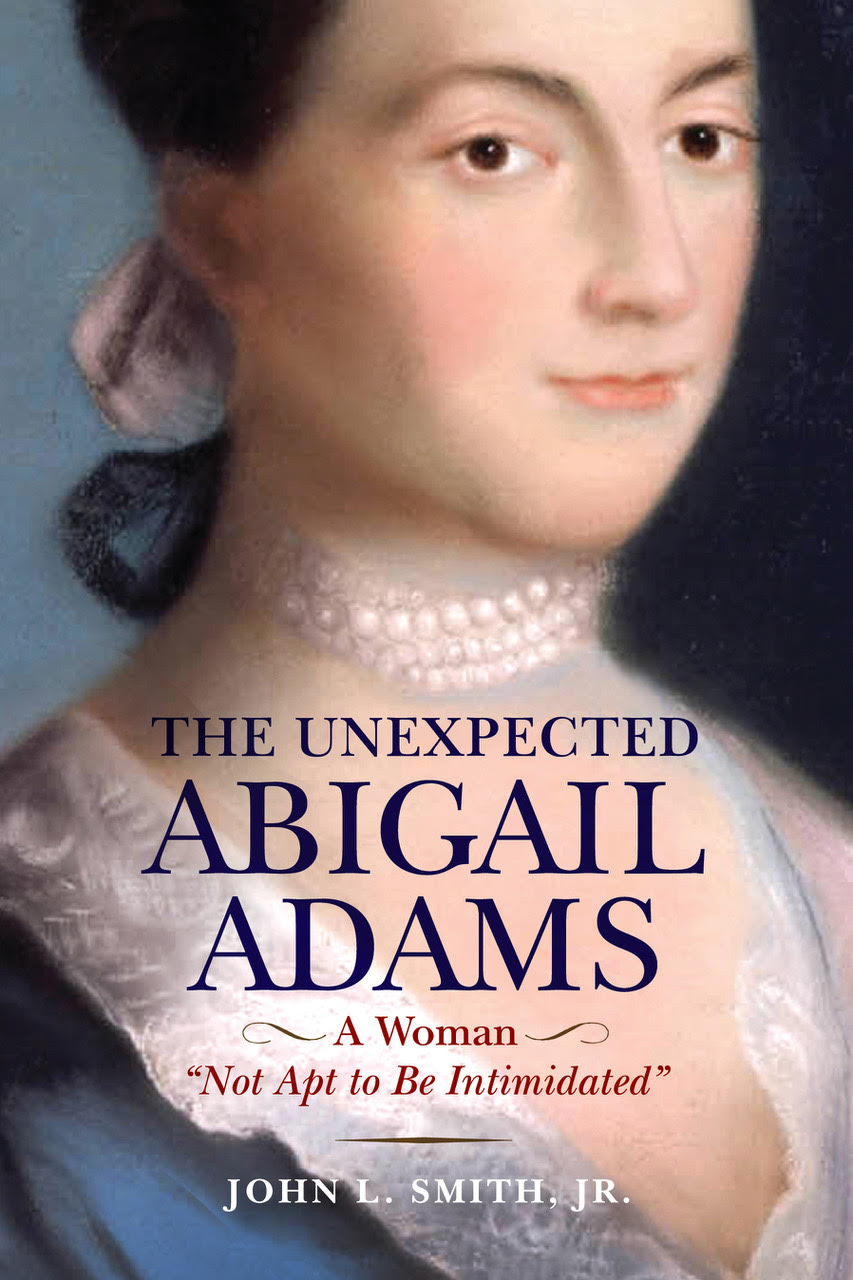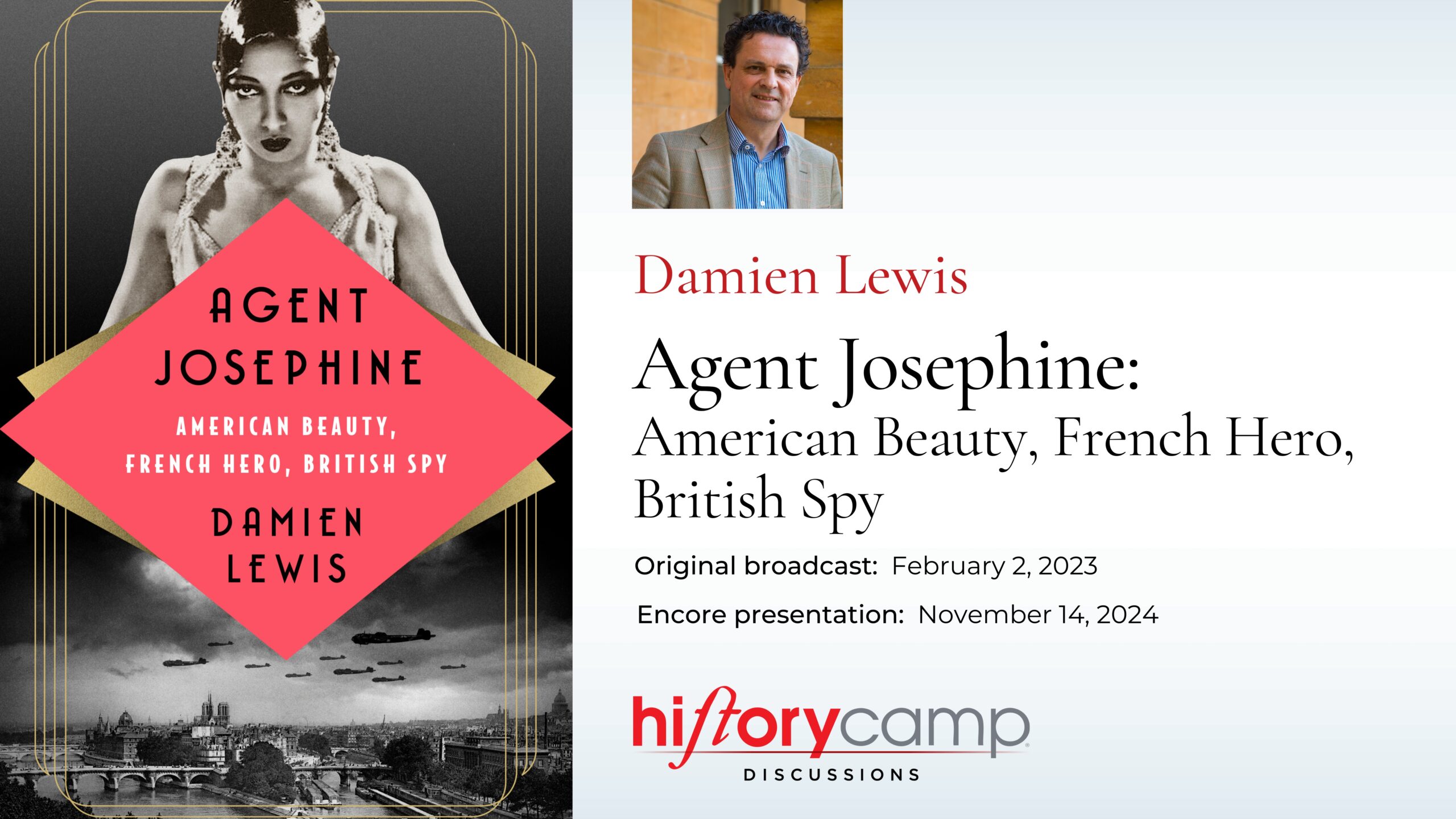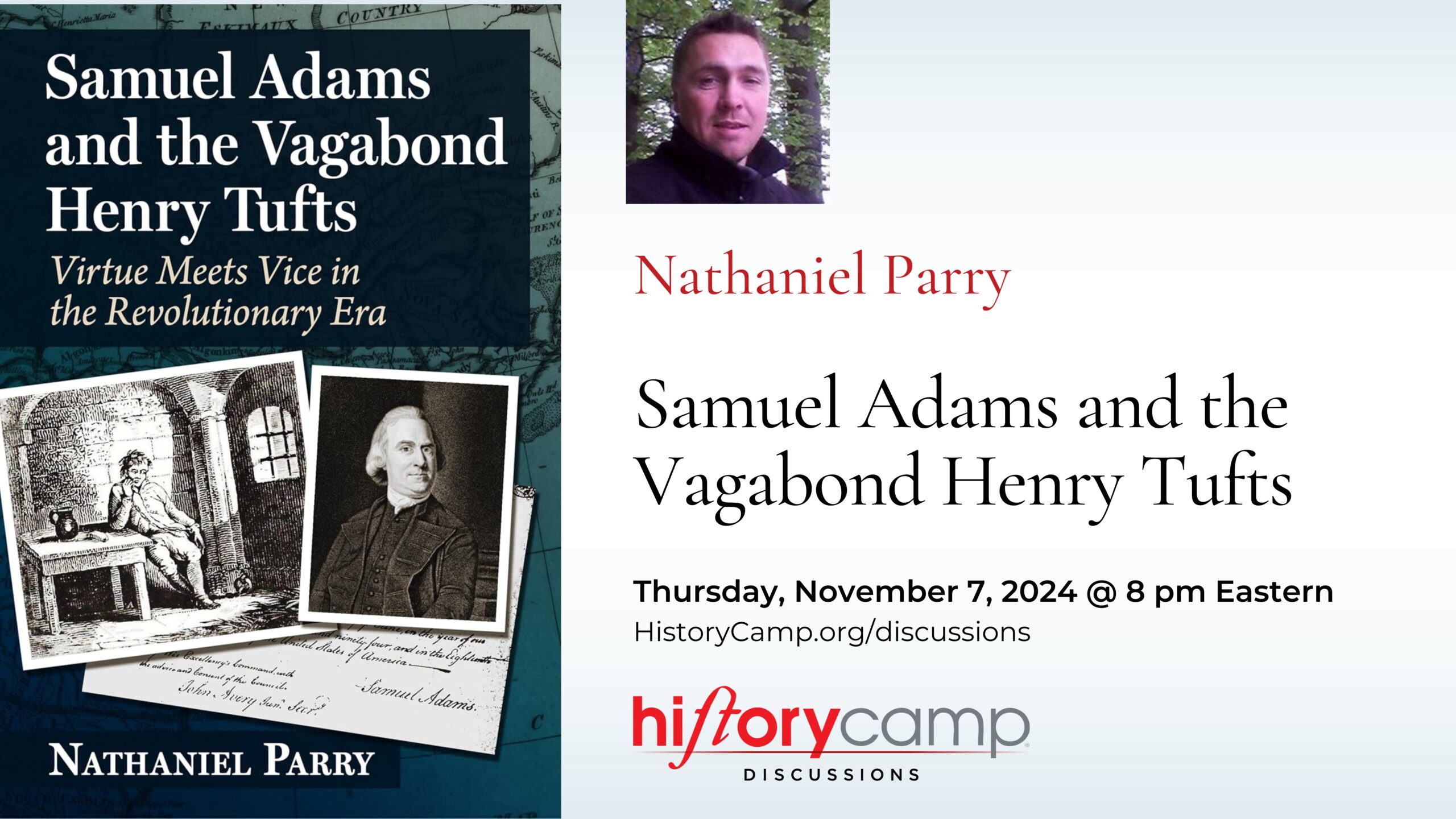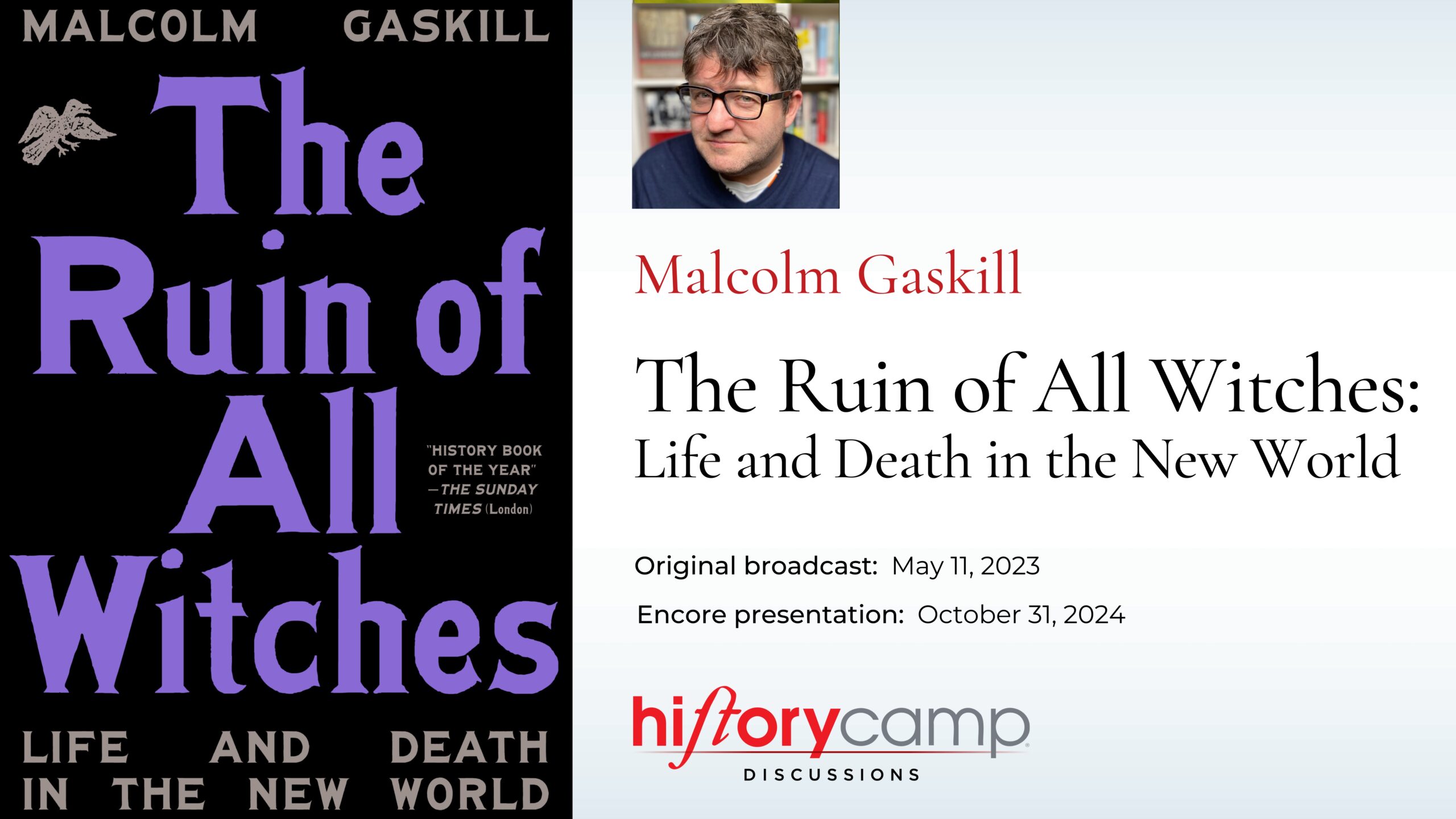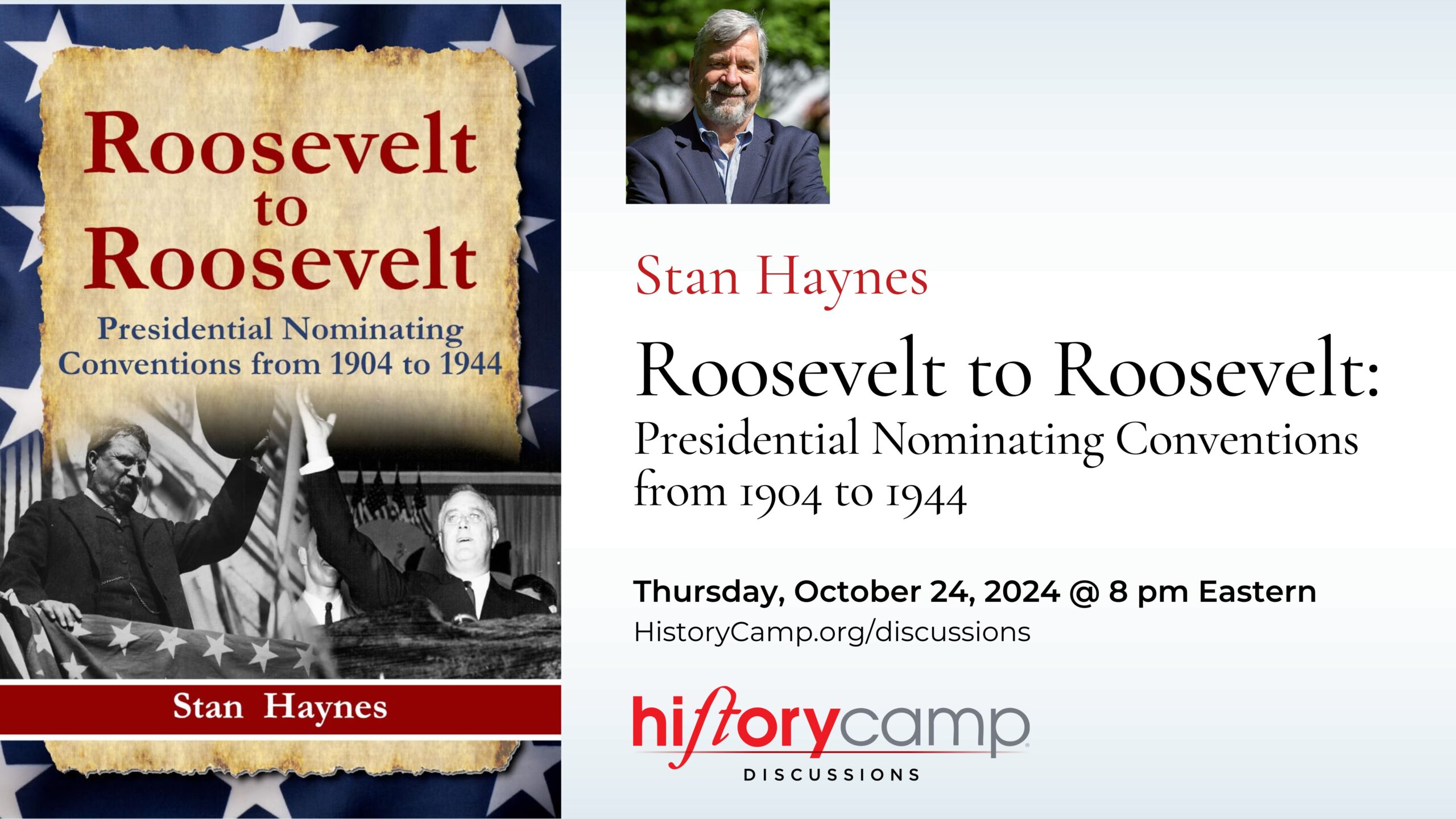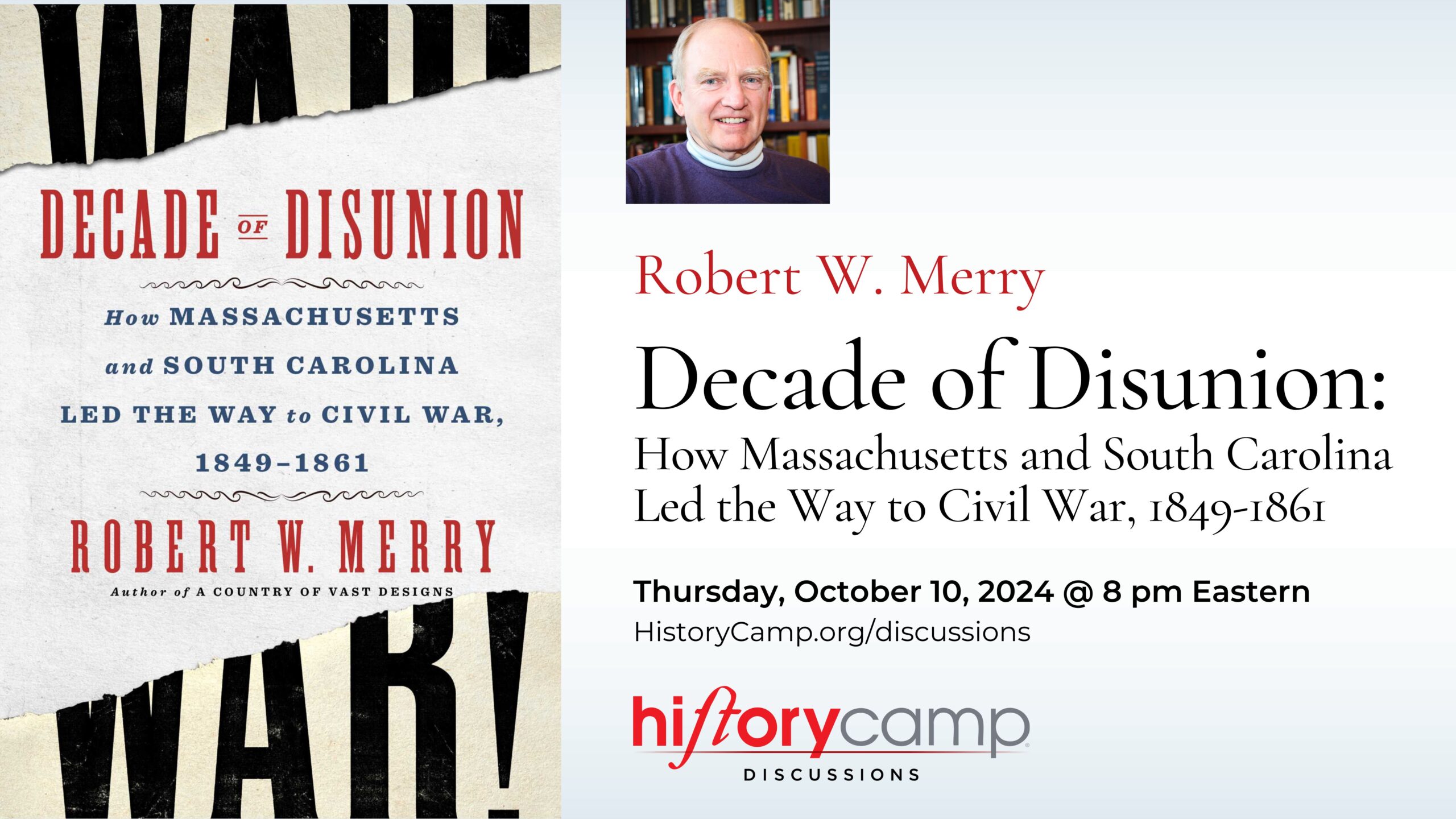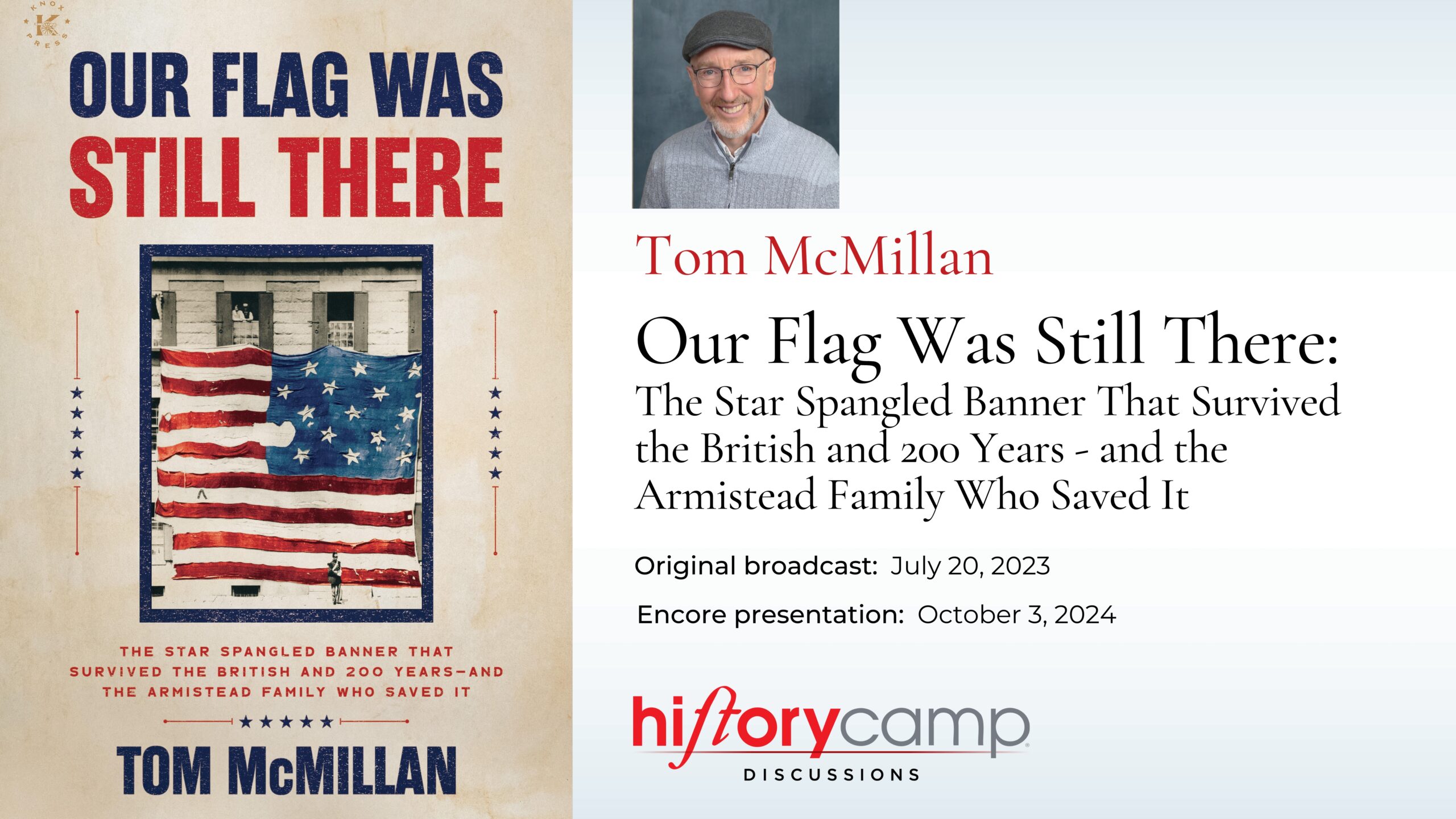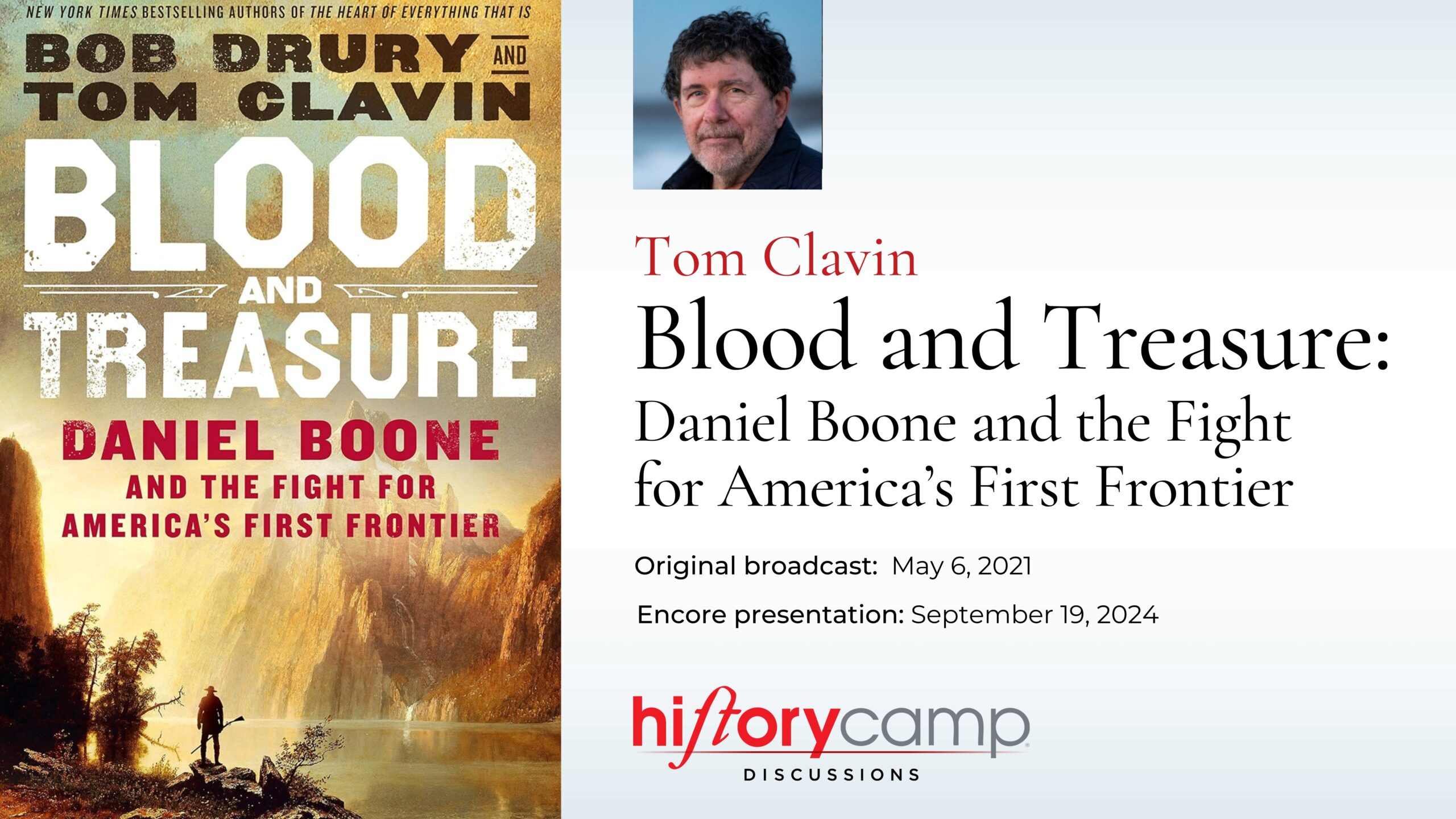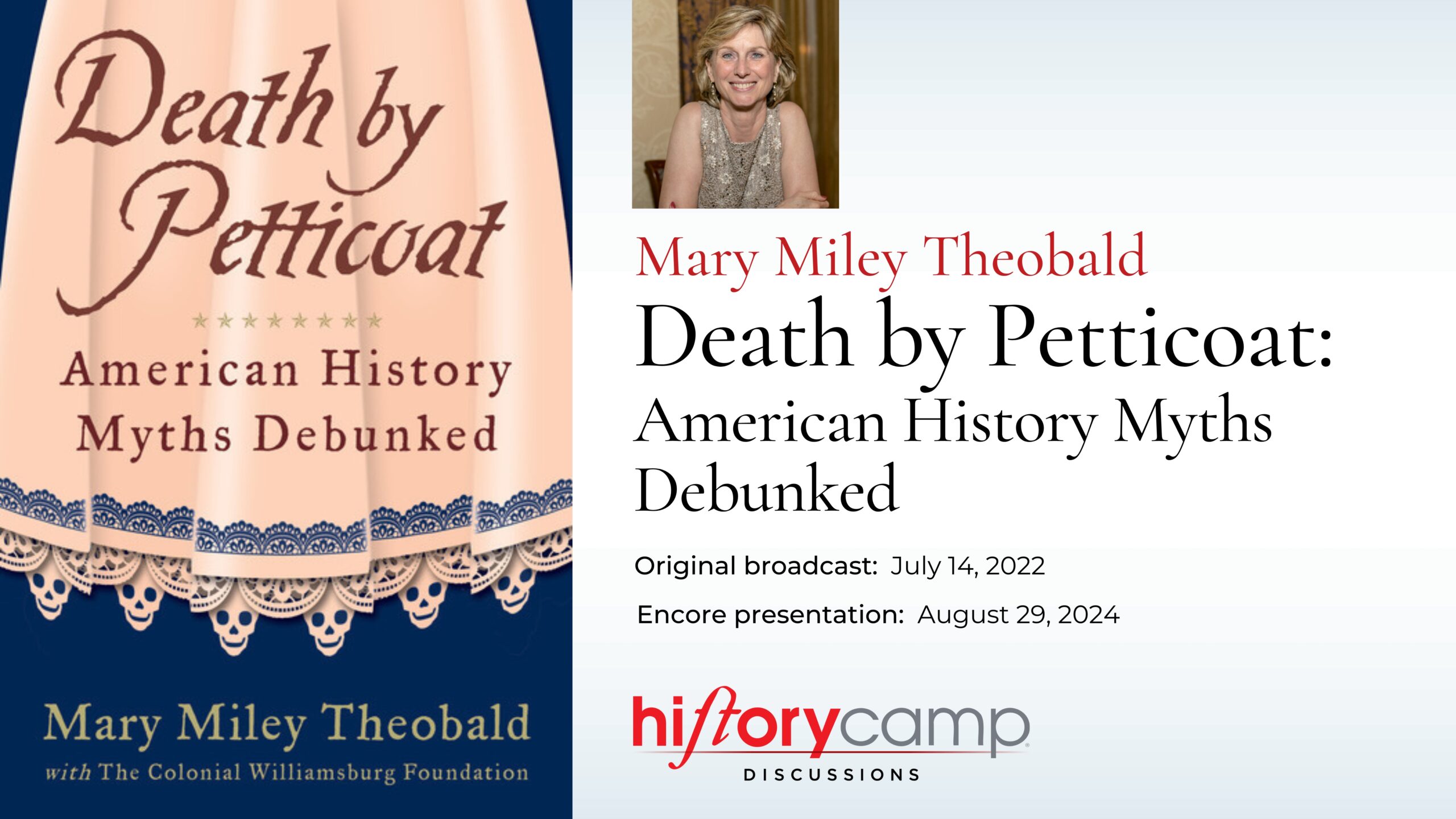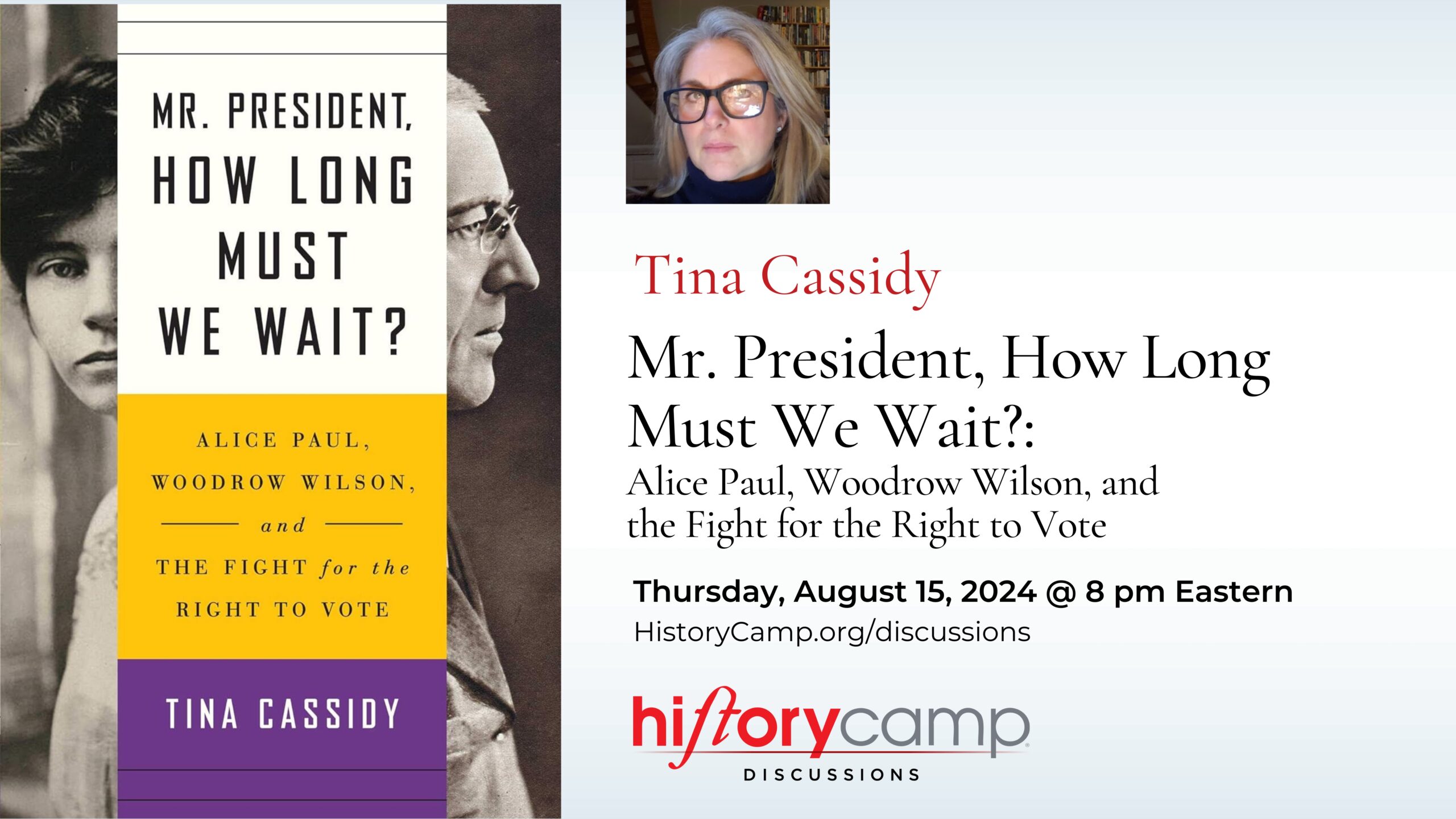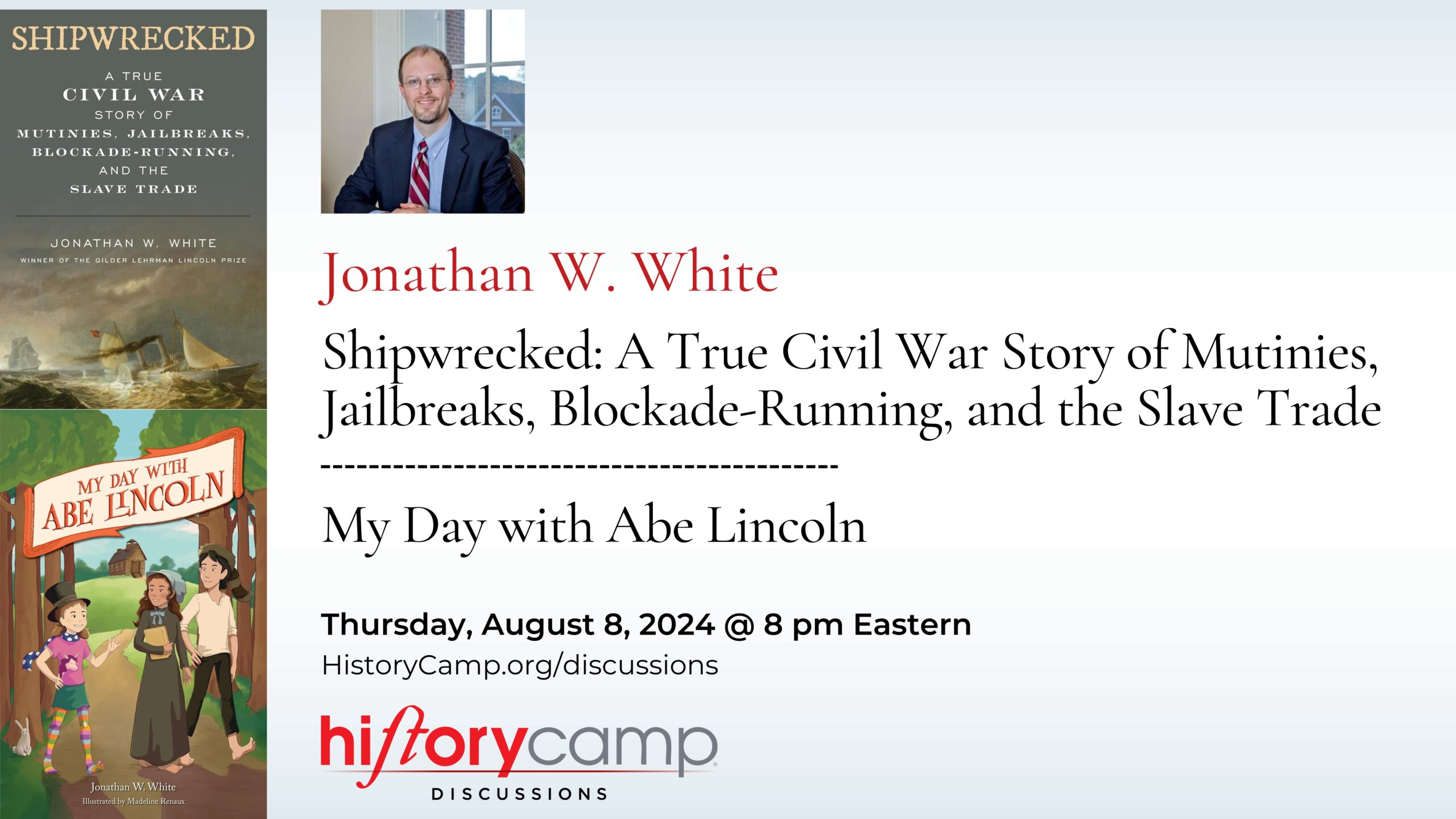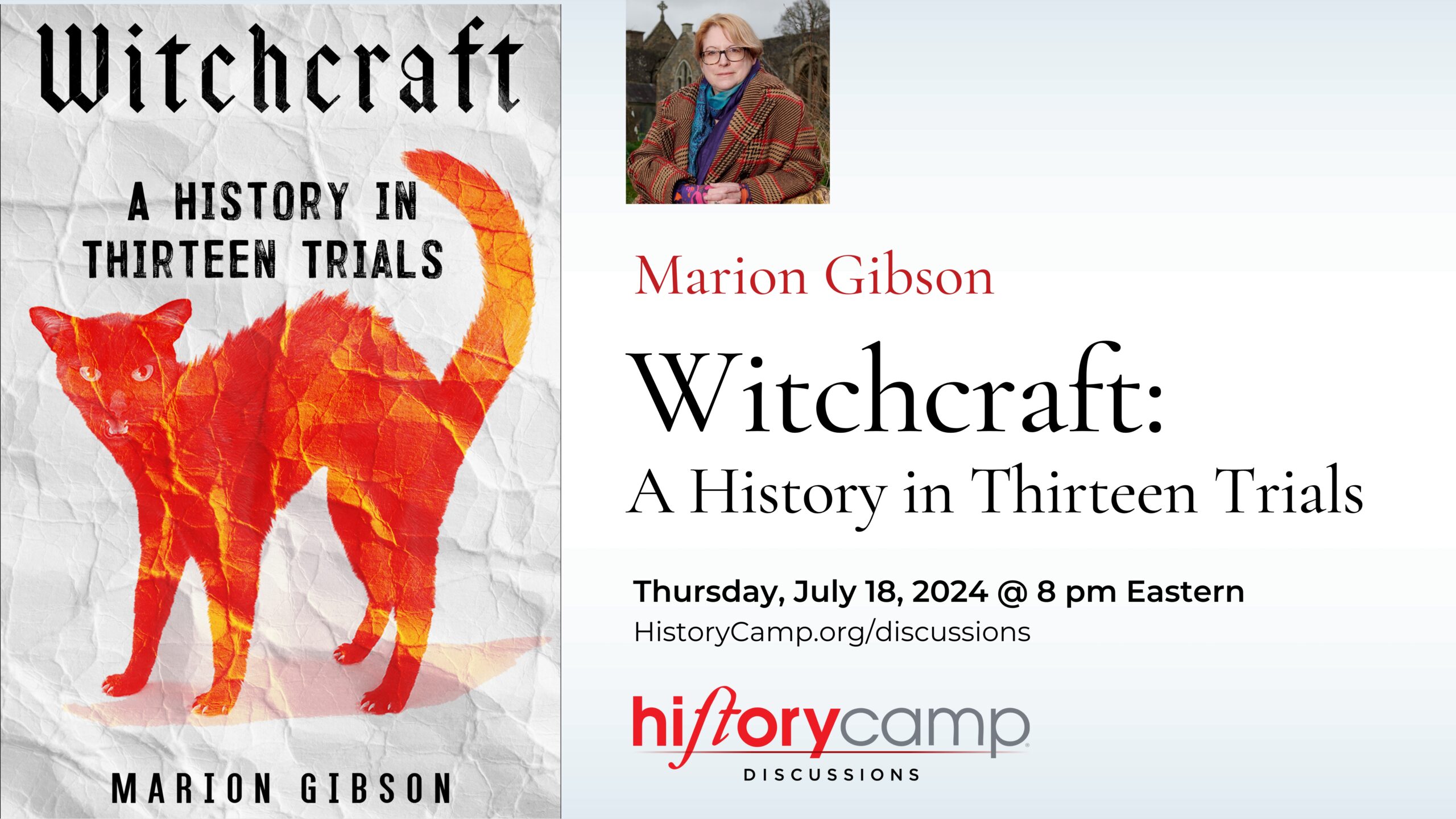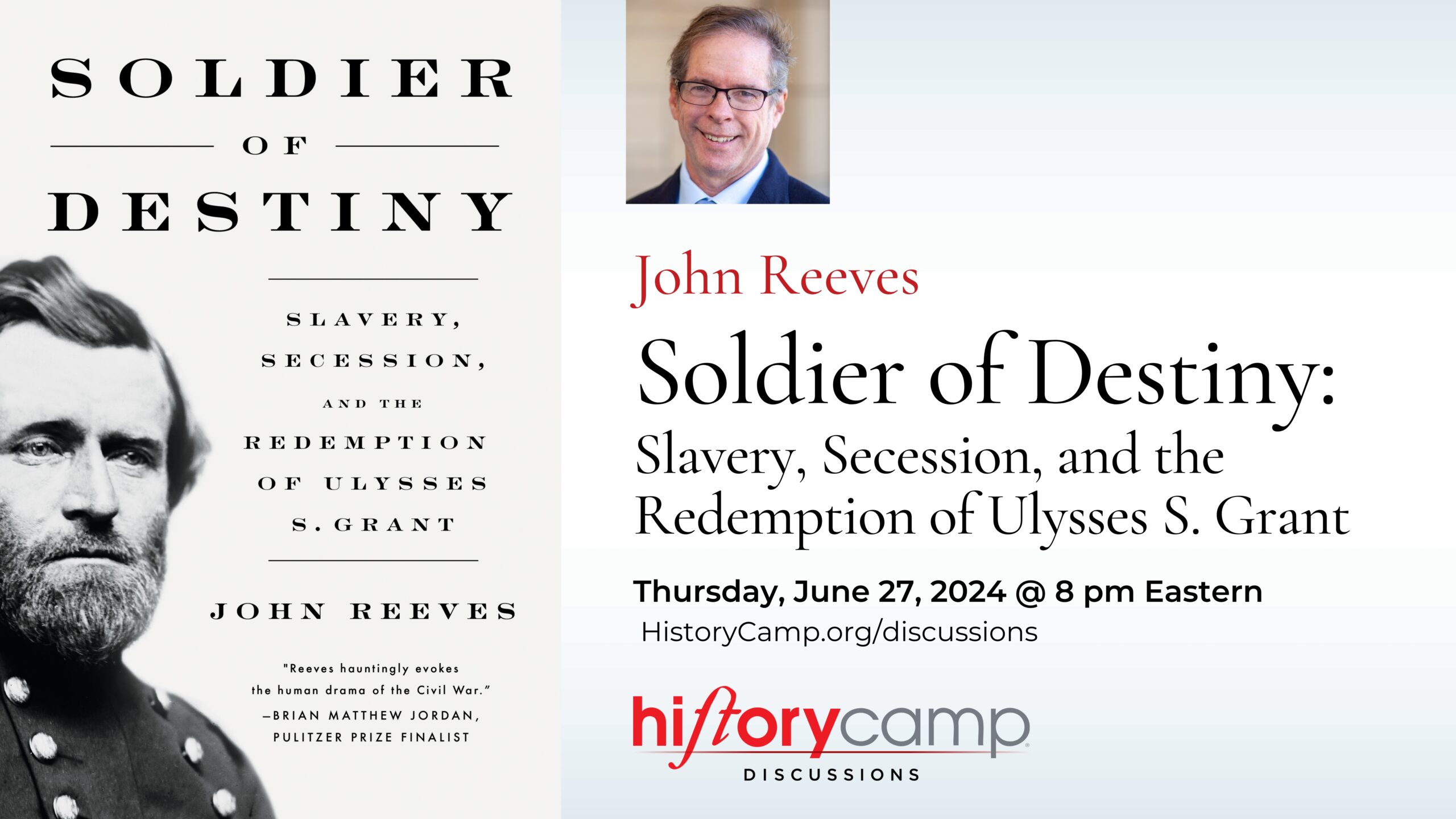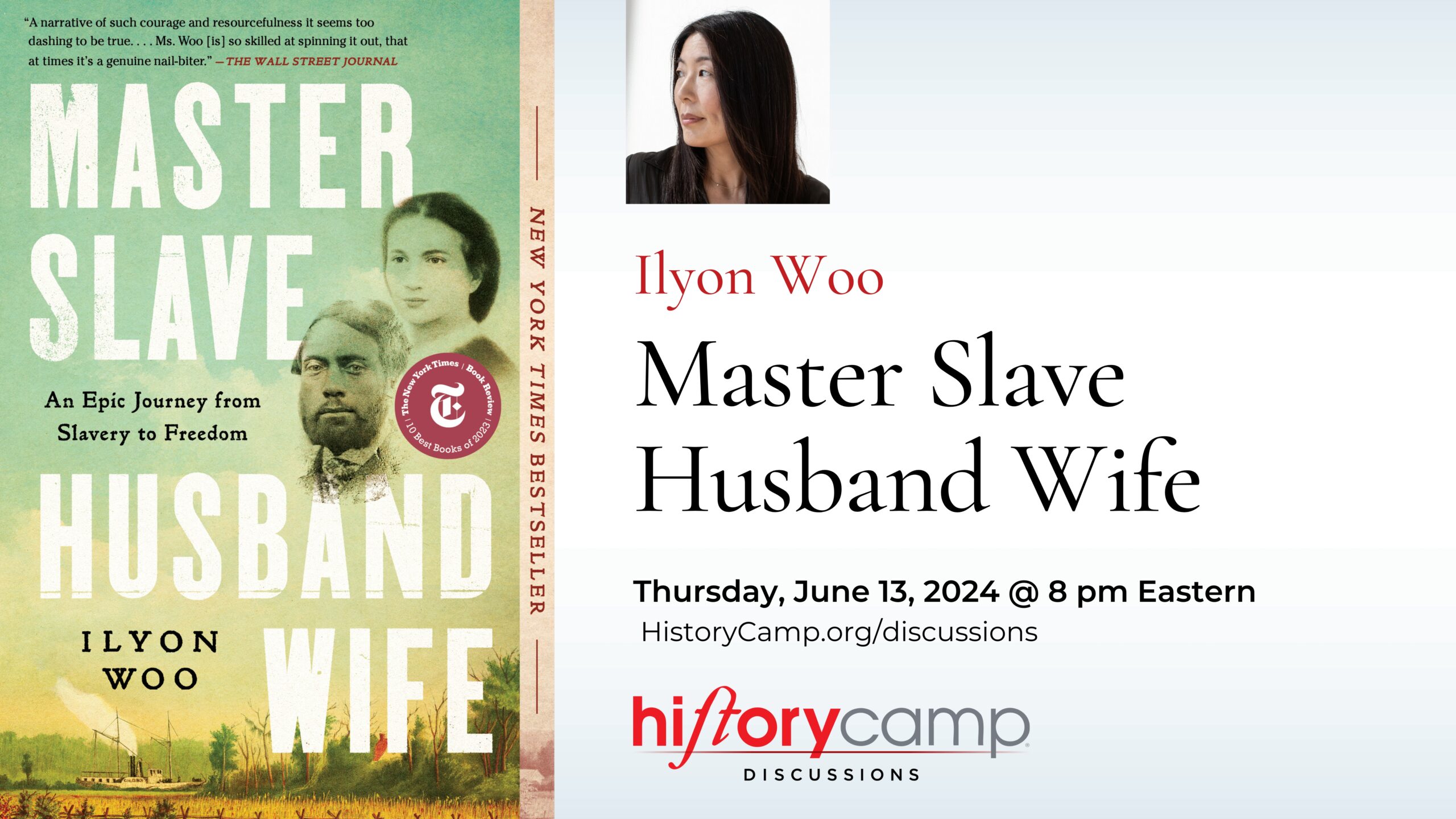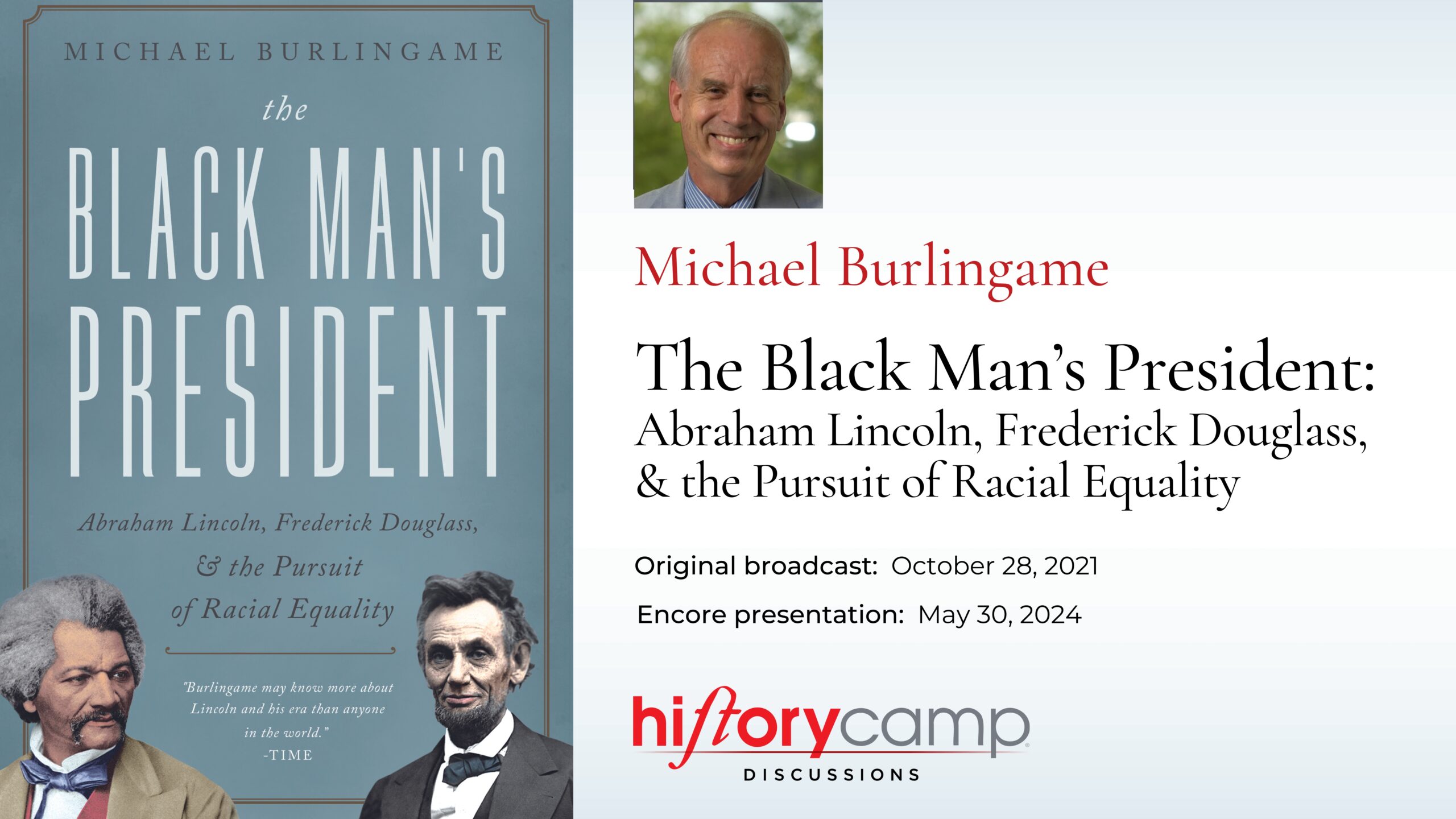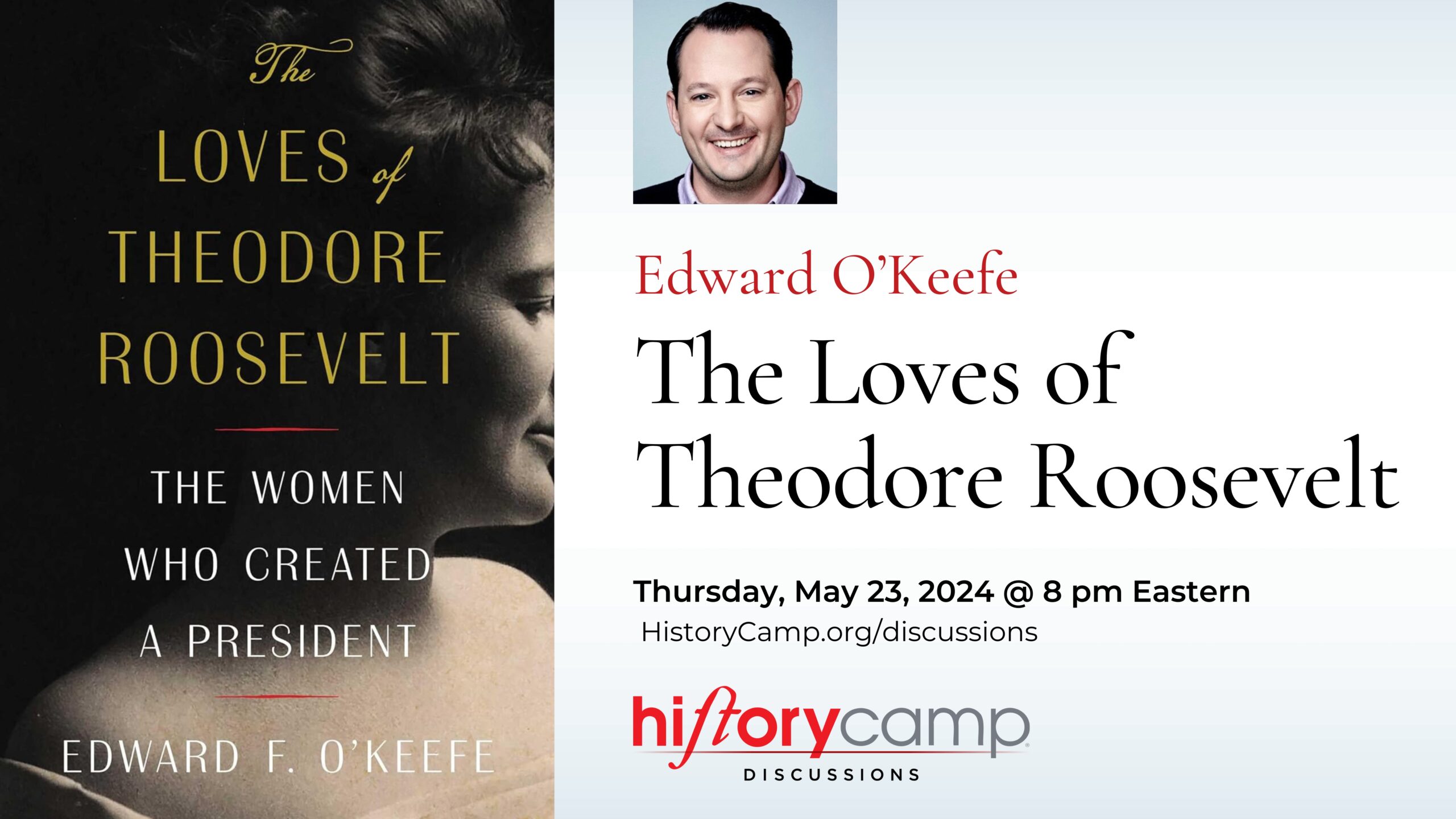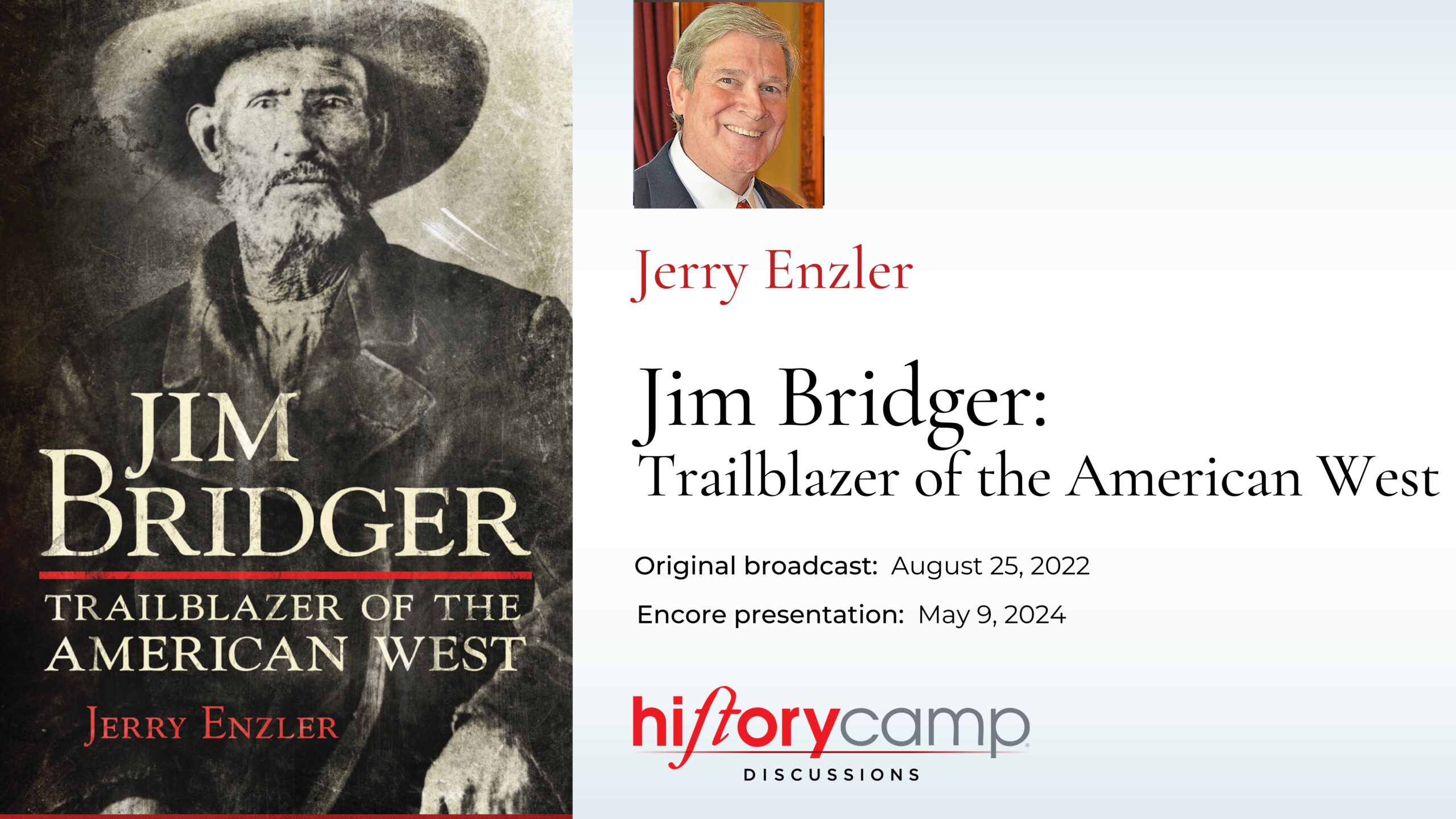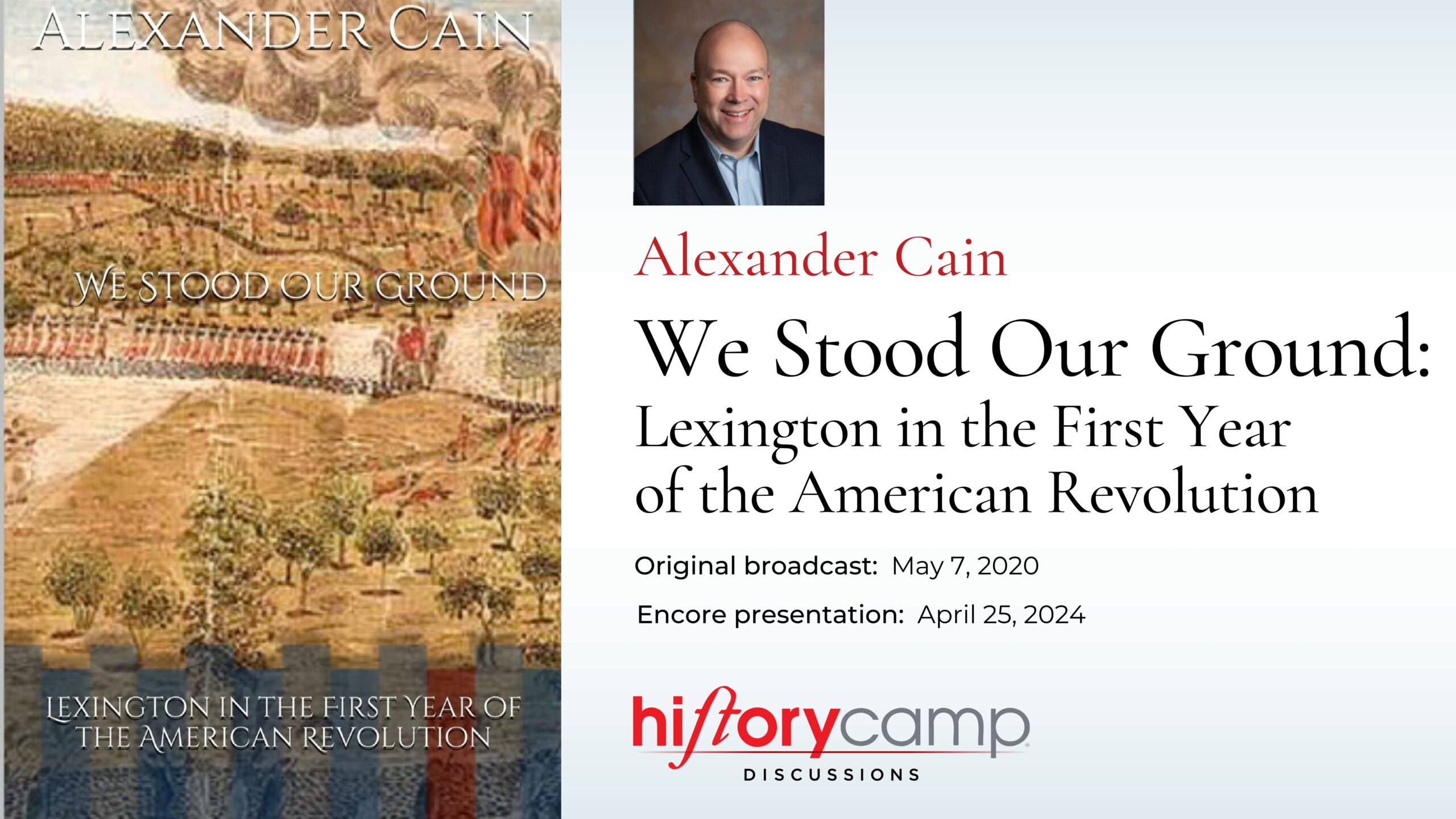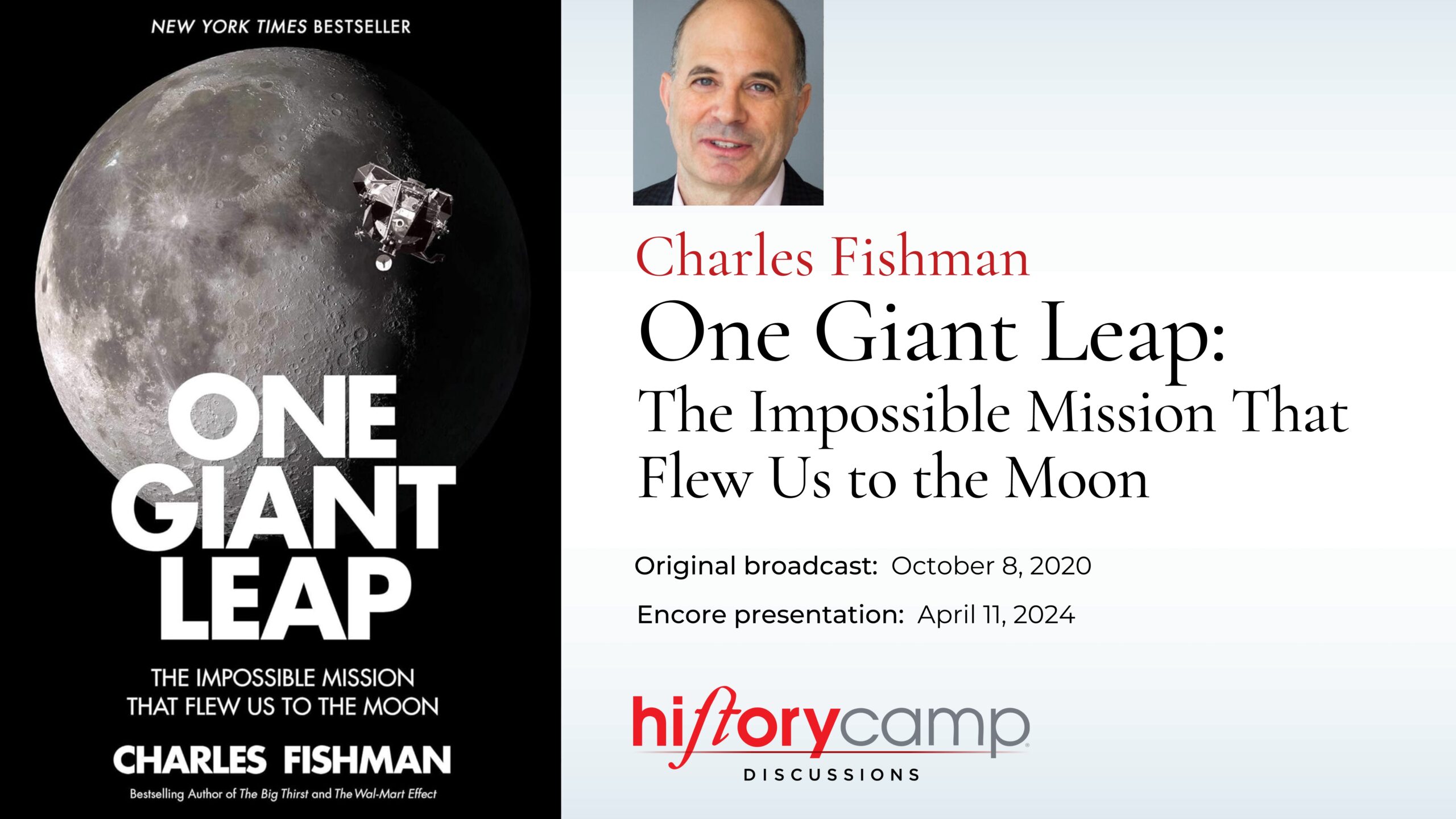John L. Smith, Jr.
The Unexpected Abigail Adams: A Woman “Not Apt to be Intimidated”
From the publisher:
Abigail Adams, wife of John Adams, was an eyewitness to America’s founding, and helped guide the new nation through her observations and advice to her famously prickly husband, who cherished her. She met many important and significant figures of the period: George Washington and his wife Martha, Thomas Jefferson, Sally Hemings, Benjamin Franklin, Henry Knox, Samuel Adams, John Hancock, John Jay, Marquis de Lafayette, John Paul Jones, Alexander Hamilton, James Monroe, artist Patience Wright, and even King George III and Queen Charlotte of England, as well as King Louis XVI and Queen Marie Antoinette of France.
In The Unexpected Abigail Adams: A Woman “Not Apt to Be Intimidated”, writer and researcher John L. Smith, Jr., draws on more than two thousand letters of Abigail’s spanning from the 1760s to her death in 1818, interweaving Abigail’s colorful correspondence—some of which has not appeared in print before—with a contextual narrative.
In this priceless documentation of one of the most important periods of world history she comments on the varied personalities she encountered and, while her husband was away from home serving in the Continental Congresses and as a diplomatic envoy in Europe, she wrote him frequently about their home in Massachusetts, their family, national and local politics, and, during the early years of the war, crucial information concerning revolutionary activities around Boston. She was an advocate for education for women, a shrewd businesswoman, and had an unrivaled political acumen. Her strength in the face of disease, loss of children, and other hardships, and her poignant, beautiful, and often philosophical commentary, advice, and predictions allow Abigail to demonstrate her fully modern sensibilities.
This major biography of Abigail, the first in over ten years, is a riveting, revealing portrait of a remarkable woman that readers will find very relatable—and one that transforms how she is perceived.
Reviews:
“[ John L. Smith, Jr.] stage setting and commentary are excellent. . . . he presents [Abigail’s words] without modernizing her creative spellings and grammatical flights of fancy. If readers sometimes must work a little to grasp her meaning, they are rewarded by a glimpse of 18th-century authenticity. . . . [Thomas] Jefferson called Abigail Adams ‘one of the most estimable characters on earth.’ So, too, is she one of the most estimable women in our history”—Wall Street Journal
“At a time when so many public figures promise us strength but can only muster bluster, Abigail Adams is just who we need. Smith lets Mrs. Adams speak for herself, rightly observing that—unlike most eighteenth-century prose—hers was natural. So is his. Besides being chockfull of surprises,The Unexpected Abigail Adams is a pleasure to read.”—Woody Holton, author of Liberty Is Sweet: The Hidden History of the American Revolution
“This is how the story of Abigail should be written, by starting with and using her own words. She had a wonderful way with language and penned such powerful phrases. Not just her famous letters to her husband John but her lesser known missives to her sisters and others reveal the ordinary details of her extraordinary life. The range of people she met or knew was exceptional. From Martha Washington to John Paul Jones, Sally Hemings to the King and Queen of England, she interacted with them all and left us descriptions of them as people as she lived the events of the American Revolution and early Republic. John L. Smith, Jr.’s work reminds me about her powerful use of language and is a beautiful way to tell the story of our most impressive first lady.”—Christopher Hannan, Professor of History, Massachusetts Maritime Academy, Board of Directors, Abigail Adams Historical Society
[Recorded on July 11, 2024]
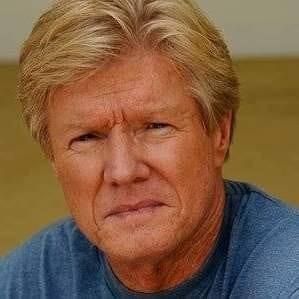
John L. Smith, Jr. earned a BS degree from the University of South Florida and an MBA from the University of Tampa. A regular contributor to the Journal of the American Revolution, his work has also been featured by Smithsonian Magazine, CNN, Knowledge Quest, and The National Review.

